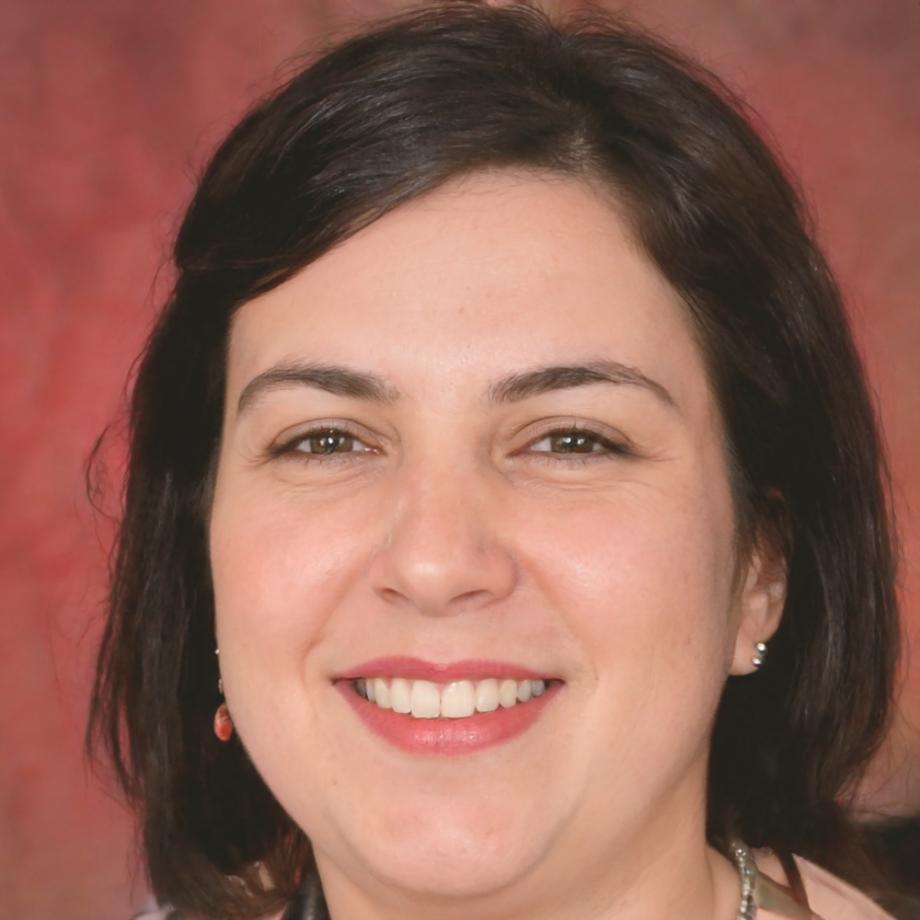Financial Analysis Built for Real Investment Decisions
Based in Newcastle, we teach investment professionals how to dissect financial statements, build valuation models, and spot risks before they become problems. Our approach focuses on practical methods used daily at advisory firms and fund managers across Australia.
View Program Details
How We Actually Teach This
Case-Based Learning
Work through real company financials - not simplified textbook examples. You'll analyze actual ASX-listed businesses, identify valuation gaps, and present recommendations just like you would to a portfolio manager.
Industry Practitioners
Instructors currently work in investment analysis or recently transitioned from buy-side roles. They've built the models, made the pitches, and understand what actually matters when capital is on the line.
Skills That Transfer
Focus on analytical frameworks and Excel techniques that apply whether you're evaluating a mining stock or a retail REIT. The goal is building judgment, not memorizing formulas.

What You'll Be Able to Do
After completing the program, you should be comfortable building three-statement models from scratch, conducting proper DCF valuations, and writing concise investment memos. Most importantly, you'll know how to think critically about numbers instead of just accepting what management presents.
We cover equity analysis fundamentals - financial statement interpretation, industry research methods, valuation approaches, and risk assessment frameworks. The curriculum reflects what emerging analysts need when they join research teams or advisory practices.
Programs begin in September 2025 with evening sessions designed for working professionals. Weekend intensive options are available for those outside Newcastle.
Who Teaches the Program

Roland Kemp
Senior Financial Analyst
Roland spent eight years covering Australian equities at a Sydney-based fund before relocating to Newcastle. He focuses on industrials and consumer discretionary sectors, and brings direct experience from managing research processes and presenting to investment committees.

Sienna Whitmore
Investment Research Specialist
Sienna worked in equity research for a mid-sized advisory firm before transitioning to education. She specializes in teaching financial modeling and has a particular talent for explaining complex accounting treatments in straightforward terms.

Program Structure
Foundation Quarter
Financial statement mechanics, accounting quality assessment, and cash flow analysis. Build comfort reading annual reports and identifying red flags in footnotes.
Valuation Methods
DCF modeling, comparable company analysis, and precedent transactions. Learn when each approach makes sense and how to triangulate to reasonable ranges.
Industry Application
Sector-specific considerations for banks, miners, REITs, and industrials. Understand key performance metrics and business model differences that affect valuation.
Portfolio Project
Complete end-to-end analysis of a company you select. Present findings to instructors and peers, defending assumptions and responding to challenges.
Getting Started
The next cohort begins September 2025. Classes run Tuesday and Thursday evenings from 6:30 to 9:00 PM at our Newcastle location. Program duration is 14 weeks with optional Saturday review sessions.
Initial Questions
Reach out with questions about prerequisites, schedule fit, or curriculum specifics. We're happy to discuss whether the program matches your background and goals.
Application Review
Submit a brief overview of your experience and what you're hoping to develop. We look for analytical aptitude and genuine interest in investment work.
Program Start
Receive course materials two weeks before the first session. Come prepared to work through challenging problems and engage with complex business scenarios.